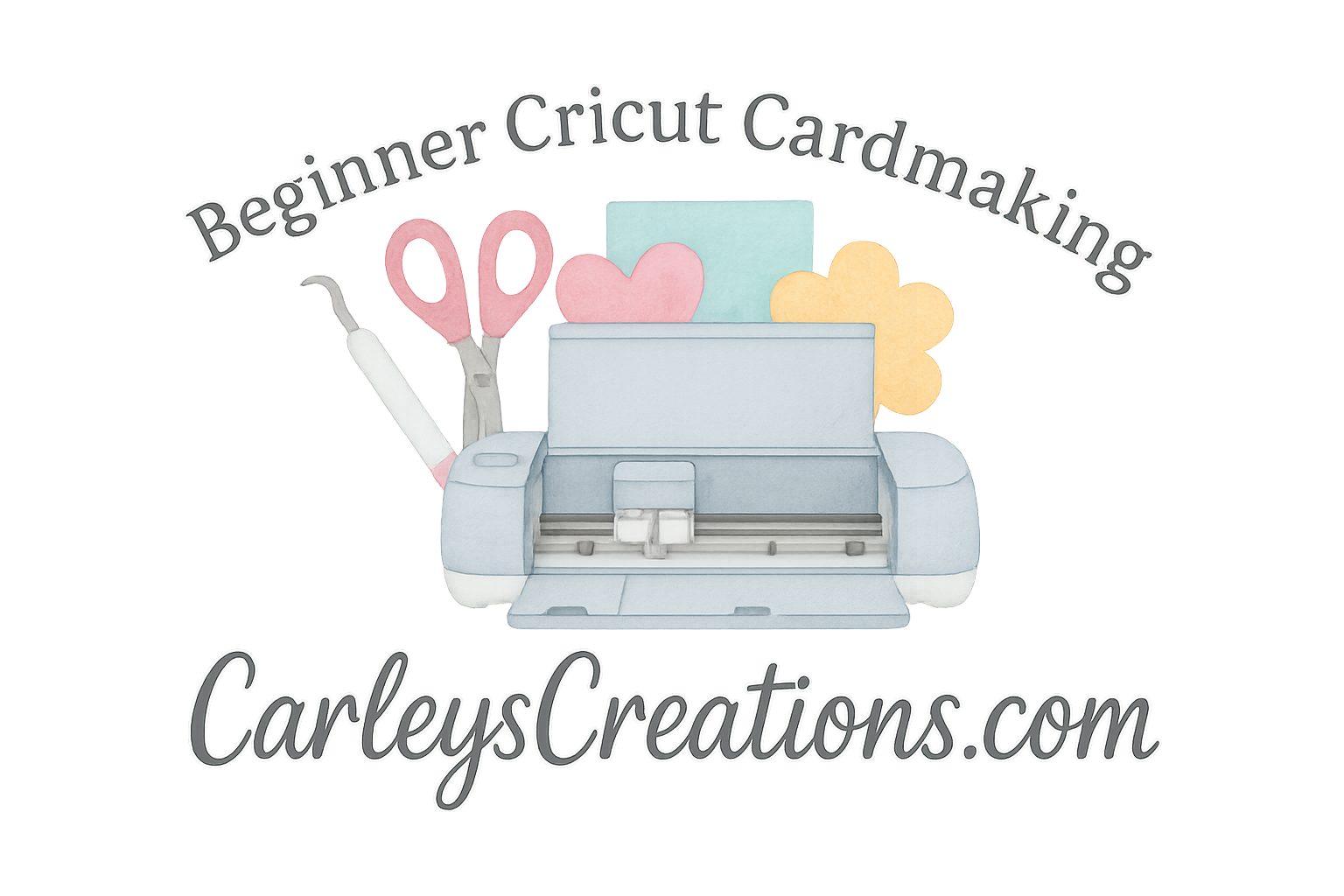Introduction to Cricut and Cardmaking
Hey there, crafty friend! If you’ve just unboxed your Cricut and are itching to dive into the world of cardmaking, you’re in the right place. Cricut Design Space is the brain behind all those fabulous cards, stickers, and crafts you’ve seen online—and trust me, it’s a total game-changer for beginners.
Why Beginners Should Learn Cricut Design Space First
Imagine trying to drive a car without knowing what the pedals do. That’s what it’s like crafting without understanding Design Space. Before you start slicing paper or layering vinyl, knowing the basics will save you time, materials, and plenty of “oops” moments.
A Quick Peek at What You Can Create
From simple “Thank You” cards to elaborate wedding invitations, cardmaking with Cricut opens up endless creative doors. You can emboss, layer, print, and even use photos to personalize everything.
1. Getting Started with Cricut Design Space
What Is Cricut Design Space?
Cricut Design Space is your creative playground. It’s where you design, upload, tweak, and prep everything before sending it to your cutting machine. It’s cloud-based, so your projects stay with you whether you’re on your phone, tablet, or computer.
Creating Your Cricut ID
Before anything else, you’ll need to create a Cricut account. It’s free, and once you’re in, you can explore ready-made designs or start from scratch.
Compatible Devices and Platforms
Design Space works with iOS, Android, Windows, and Mac. Download the app from your device’s store, and you’re ready to rock and roll.
2. Understanding the Canvas Interface
Layers Panel
Think of this like Photoshop for crafters. Each element—text, shapes, images—sits on its own layer. This allows you to easily move, hide, or delete parts of your design.
Toolbar Functions
Want to add text? Slice shapes? Mirror your design? It’s all in the toolbar. Spend a few minutes clicking around and you’ll feel like a pro.
3. Choosing the Right Materials
Best Cardstock for Beginners
Start simple. 65–80 lb. cardstock is perfect for most projects. It’s sturdy but not too thick for your Cricut to handle.
Explore Materials & Tools
You’ll also need the right tools—mats, blades, scoring stylus, etc. The Materials & Tools section is a goldmine of info for choosing the essentials.

4. Exploring Templates for Quick Projects
Where to Find Ready-to-Go Templates
Feeling overwhelmed by a blank canvas? Don’t worry. Design Space has tons of pre-made templates perfect for birthdays, holidays, or just-because cards.
Explore Card Styles Projects
You’ll find inspiration galore in the Card Styles Projects section. Choose a layout and tweak it to your liking!
5. How to Upload and Insert Images
Supported File Types
SVGs are your best friend—they’re scalable, editable, and perfect for intricate designs. PNG and JPG files are great for photos or flat designs.
Check Out Tutorials & Techniques
Need a hand learning how to upload designs? The Tutorials section walks you through each step.
6. Text Tools and Font Choices
Using Fonts for Card Messages
Whether you’re adding a heartfelt message or a snarky joke, fonts matter! Use Cricut’s own fonts or upload your favorites from sites like DaFont. Just be sure they’re clean and readable.
7. Align, Group, and Attach Explained
Keep Your Elements in Place
Ever hit “Make It” and your design goes haywire? Use the Align tool to center items, Group to move things together, and Attach to keep the layout fixed during the cutting process.
8. Understanding Layers and Flatten Tool
Make Complex Designs Easier
The Flatten tool is your shortcut to converting layers into one printable image—super handy for stickers or cards with detailed graphics.
9. Print Then Cut for Custom Cards
Add Personal Photos or Text
Want to include a family photo or handwritten note on your card? Use the Print Then Cut feature—it’s perfect for adding custom graphics.
Explore Print Then Cut Projects
This Print Then Cut section is a treasure trove for learning how to make the most of this tool.
10. Saving, Sharing, and Exporting Projects
Access from Any Device
Design something on your tablet and cut it from your desktop later—easy! You can also share projects with friends or upload to Cricut Communities.
Tips for Beginners in Cricut Cardmaking
Avoiding Common Mistakes
- Don’t skip test cuts.
- Always double-check your mat type.
- Keep blades sharp for clean cuts.
- Save your projects frequently.
Visit the Getting Started Hub
For more beginner guidance, the Getting Started page is packed with tips, tool lists, and common questions.
Conclusion
So there you have it—your crash course in Cricut Design Space basics for cardmaking beginners. With a bit of practice, a pinch of patience, and the right tools, you’ll be whipping up handmade cards that wow friends and family in no time. And remember, you don’t have to go it alone—Carley’s Creations is your crafting co-pilot for everything from beginner guides to advanced design tips.
FAQs
1. Do I need a subscription to use Cricut Design Space?
Nope! The basic version is free, though there’s a paid subscription (Cricut Access) that gives you access to premium fonts and designs.
2. What’s the best Cricut machine for cardmaking?
The Cricut Explore Air 2 and Cricut Maker are both excellent options for cardmaking, especially for intricate cuts and embossing.
3. Can I use my own fonts in Design Space?
Absolutely. Once you install a font on your computer, it becomes available in Design Space.
4. Where can I find beginner-friendly card designs?
Right here: Card Styles Projects is full of starter designs.
5. What’s the difference between Weld and Attach?
Weld combines shapes into one, removing overlapping cut lines. Attach keeps multiple layers together during the cut.
6. Can I use Cricut on my phone?
Yes, Design Space has mobile apps for both Android and iOS.
7. Where can I learn new techniques and styles?
The Techniques & Tutorials page is the place to grow your skills with step-by-step guides and fresh ideas.
